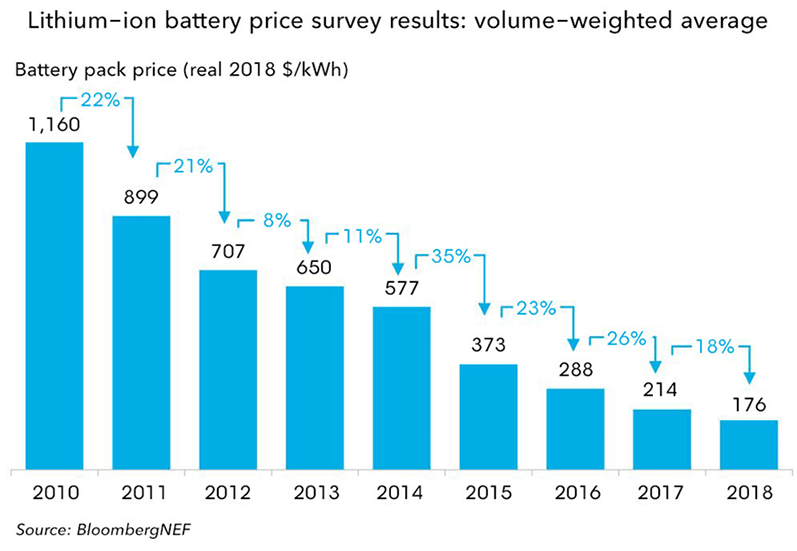
Blog > Energy > Electric Vehicle Trends for Drive Electric Week
Electric Vehicle Trends for Drive Electric Week
10/1/20 | Nicole Voudren, Rexel Technical Consultants

Blog > Energy > Electric Vehicle Trends for Drive Electric Week
10/1/20 | Nicole Voudren, Rexel Technical Consultants
In honor of National Drive Electric Week 2020, I thought it would be a great time to follow-up on part one of my posts about electric vehicles (EV). In this blog, we’ll look at emerging electric vehicle trends, providing a timely update about driving electric and the incentives available to support electric vehicles and charging station infrastructure.
New York and the states in New England have all set electric vehicle adoption goals by the year 2025:
Through the end of Q1 2020, the registered electric vehicles per state have trended as follows (source: IHS/Polk):
As you can see, the states have a long way to go over the next five years to build out EV charging infrastructure and encourage EV adoption to reach these goals.
The bad news is that light-duty vehicle sales are down 23% due to the COVID-19 pandemic. One bright spot is that plugin vehicle sales have only seen a sales drop of 15% over this same timeframe, so electric vehicle adoption is continuing in light of the virus (source: Valuation Services group at J.D. Power). This positive 8% difference points to the following electric vehicle trends that are supporting EV adoption.
The price of electric vehicles continues to decrease, while the electric ranges of plugin hybrid vehicles and battery electric vehicles continue to increase. This is due to the price of lithium-ion batteries coming down.

This electric vehicle trend is also great news. The market has just seen its first plugin hybrid electric vehicles begin to reach cost parity with traditional internal combustion engine vehicles. This is due to generous state and federal grants, incentives, and tax credits. Electric vehicles are expected to reach full cost parity with conventional cars by 2025 and most trucks by 2035.
The EV market is anticipating many new plugin hybrid and battery electric vehicles in 2021, including popular crossover utility vehicles and light-duty pickup trucks.
Consumer Reports has also confirmed that drivers of battery electric vehicles pay half as much for preventative and ongoing maintenance as those who don’t drive electric. Add to this the reduced greenhouse gas emission rate, and the benefits continue to add up.
Our Energy Services team is fully charged to support you with your EV charging station needs and can help point you in the right direction to any state and utility programs in your area. Contact us today!
